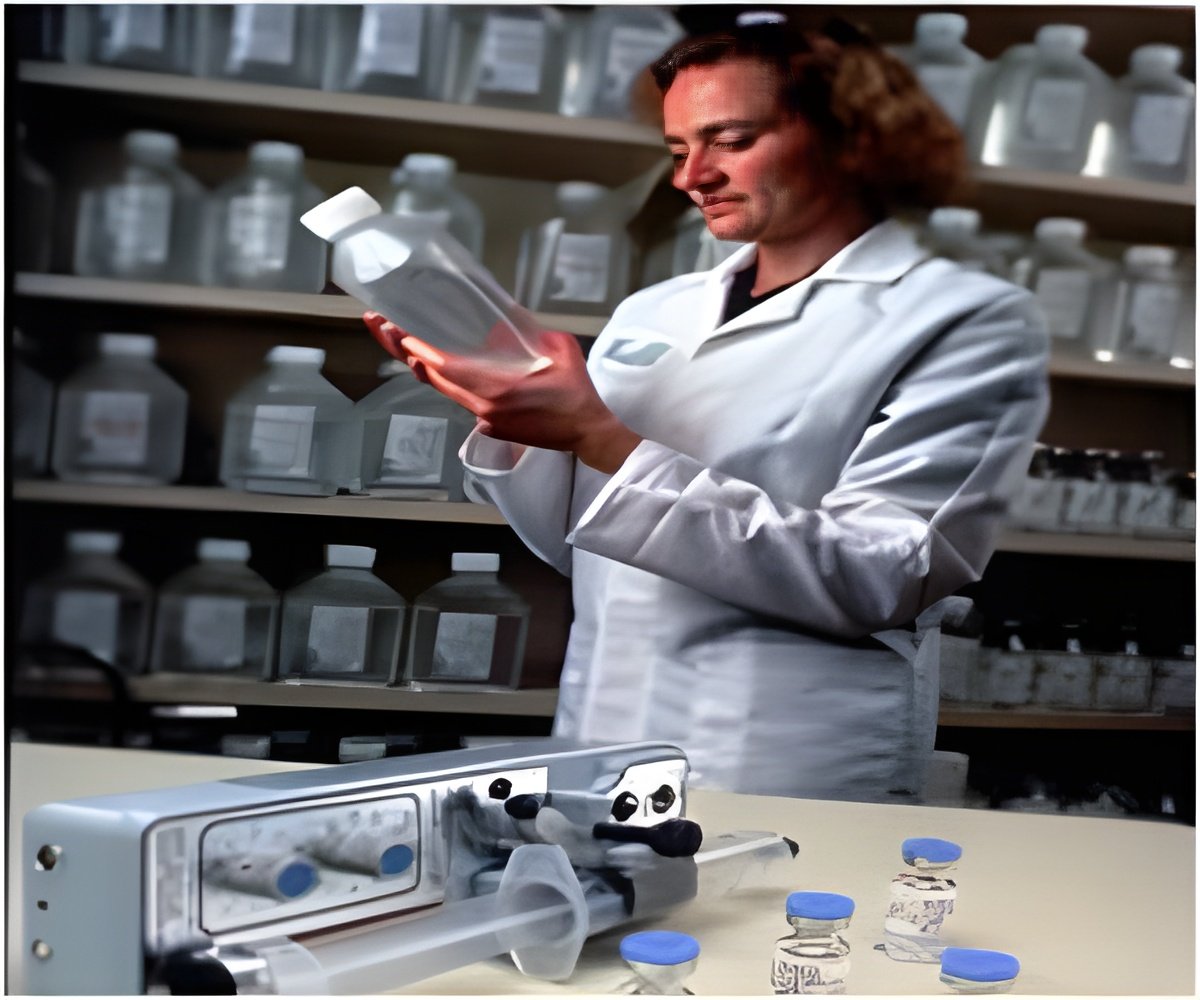Neutralizing antibody response capable of protecting against globally diverse HIV-1 subtypes are critical to the development of an HIV-1 vaccine.

Recent studies reveal that neutralizing antibodies (Nabs) may help scientists develop an effective vaccine for HIV/AIDS.
Researchers examined neutralizing antibody responses elicited by sequential infections of different HIV-1 subtypes - also known as superinfection (SI). They examined whether this could lead to a more potent Nabs response necessary to design stronger HIV/AIDS vaccines.
Julie Overbaugh, from the Fred Hutchinson Cancer Research Center in Seattle, USA, and her team examined SI Nab responses from a cohort of 21 superinfected women and found out that 20 of them developed a broad and more potent Nab response after superinfection.
"Learning how to elicit a potent, cross-reactive neutralizing antibody response capable of protecting against globally diverse HIV-1 subtypes is critical to the development of an HIV-1 vaccine," said Overbaugh and her team.
"Our study helps to inform vaccine design by highlighting the prospect of eliciting broad and diverse HIV-specific Nab responses through sequential exposure to different HIV antigens," the authors added.
Advertisement
Possible combinations of a number of Nabs were tested each for efficacy assessment in both preventing free virus infection and blocking HIV-1 cell-to-cell transmission.
Advertisement
"When selecting broadly neutralizing antibodies (Nabs) for clinical application, potency and breadth against free viruses are vital, but additional features may be needed to ensure in vivo efficacy," said Trkola.
These two findings provide workable suggestions on what to consider in effectively designing potent HIV/AIDS vaccines that can target all diverse subtypes of HIV-1.
Source-Medindia









